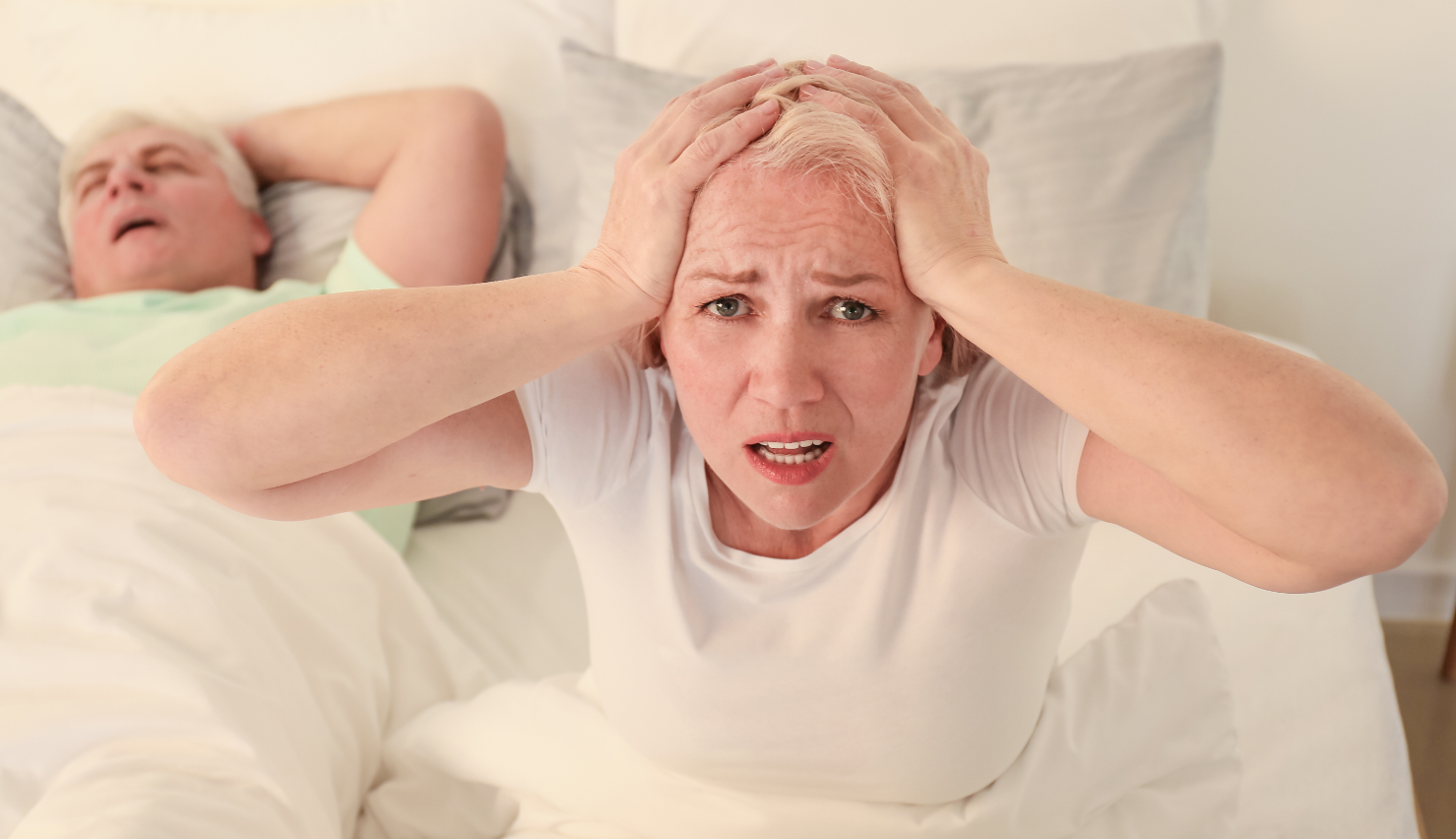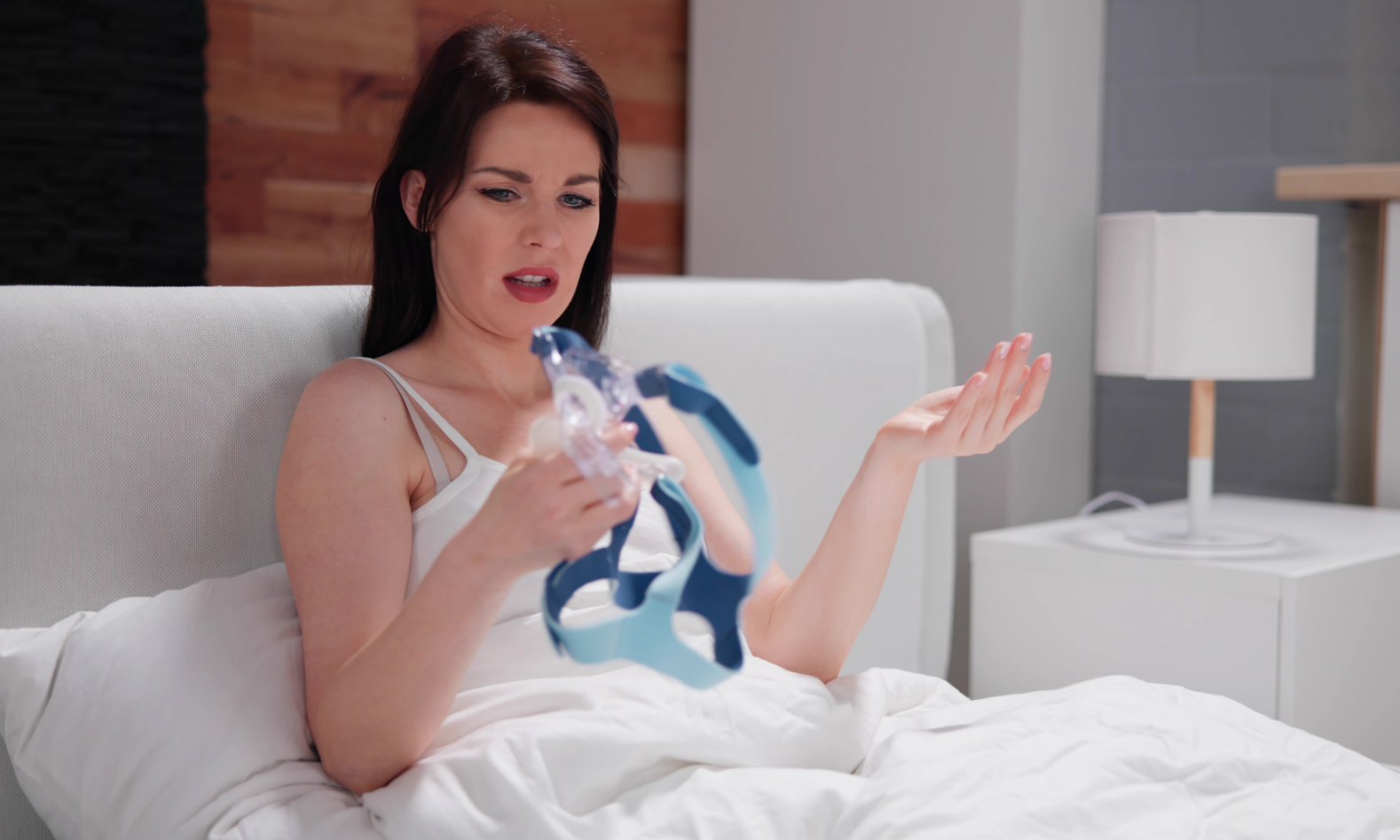Learning you have obstructive sleep apnea is both a comfort and a challenge. One could argue that you have at last found the reason behind your cognitive changes, daytime tiredness, and snoring. On the other hand, should you treat your sleep apnea with oral appliance therapy, or CPAP?
Under this uncertainty, keep in mind that treating your obstructive sleep apnea reduces your risk of occasionally fatal health effects, including heart disease, stroke, and dementia. Whichever sleep apnea therapy you decide upon, be sure you will wear it so you may have a happy, healthy life.
CPAP versus oral appliance therapy: Effectiveness
How successful is the treatment of sleep apnea with mouth appliances? Although this seems like a straightforward inquiry, things can get tricky. CPAP wins in clinical investigations, including groups of people who strictly follow oral appliance treatment and CPAP.
Treating mild to severe obstructive sleep apnea, CPAP is 100% effective. Oral appliance treatment efficacy in observational studies has been shown to range from 52% to 97%.
This is where things could become confusing, though. People not following CPAP treatment result in the real-world efficacy of oral appliance therapy being either equal to or higher than CPAP. This is for a variety of reasons, including people discovering CPAP difficult to use, excessive noise, or side effects such as daytime bloating. Oral appliance treatment is thus equally beneficial as CPAP.
These are the essential features to consider while deciding what is best for you.
In those with severe obstructive sleep apnea, treatment results for both oral appliance therapy and CPAP were equally successful over five years in lowering the chance of fatal cardiovascular events.
By reducing blood pressure, endothelial function, and microvascular reactivity, oral appliance treatment showed exactly the same efficacy as CPAP. Based on patients’ increased adherence to oral appliance treatment, researchers believe this and the point above are related.
Utilizing a disease-specific questionnaire, both therapies enhanced quality of life; yet, oral appliance therapy performs better in a generic questionnaire concerning quality of life utilizing the treatment.
Those with a high BMI stopped utilizing oral appliance treatment and turned to CPAP, according to the study looked at on this page. Unless someone’s BMI is very high, researchers think oral appliance therapy is a good substitute for CPAP.
For which would you be most suited?
Researchers also have an answer for which obstructive sleep apnea treatment would be most appropriate for you. Traditionally, doctors would first administer CPAP; only if patients failed to follow treatment would they prescribe oral appliance therapy.
See your doctor about what could be best for you once you have your diagnosis. Should you decide on oral appliance therapy, you will be directed to a neuromuscular dentist able to fit you. The sole action following that is using your oral appliance every night you sleep.



